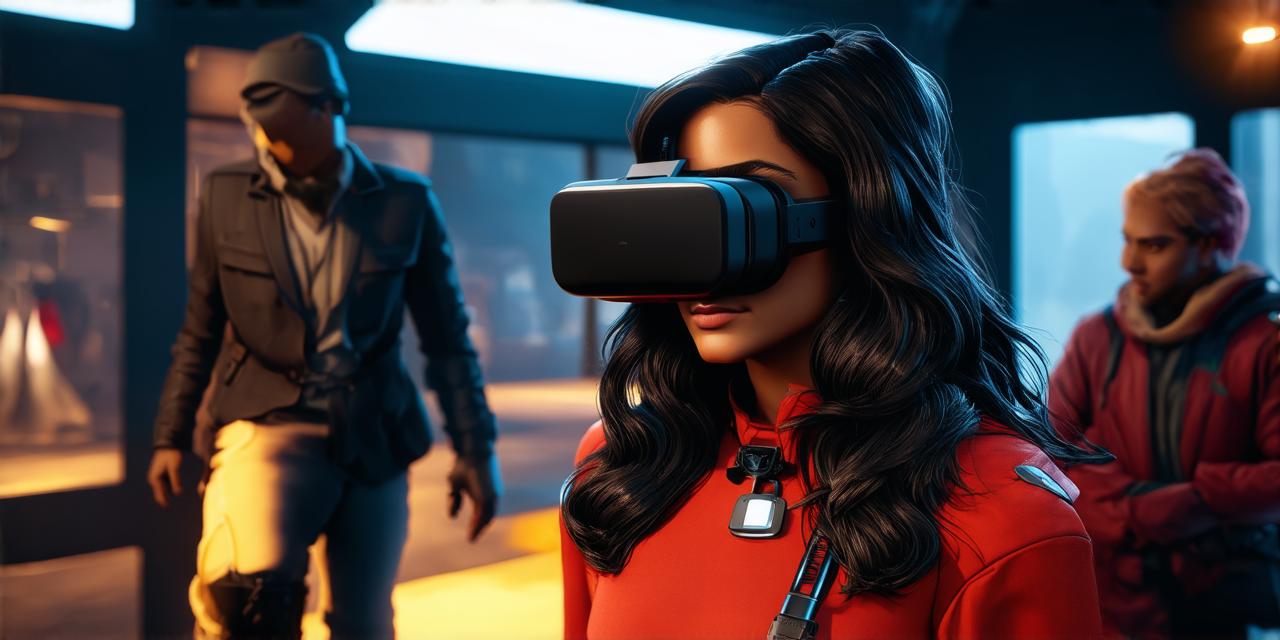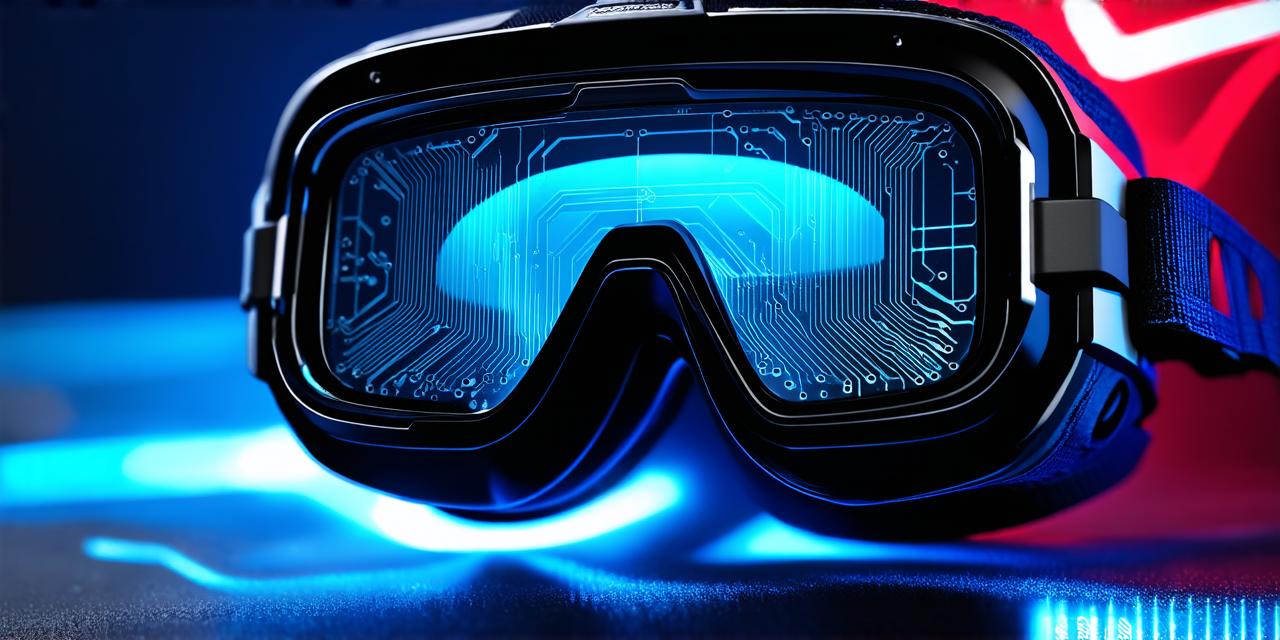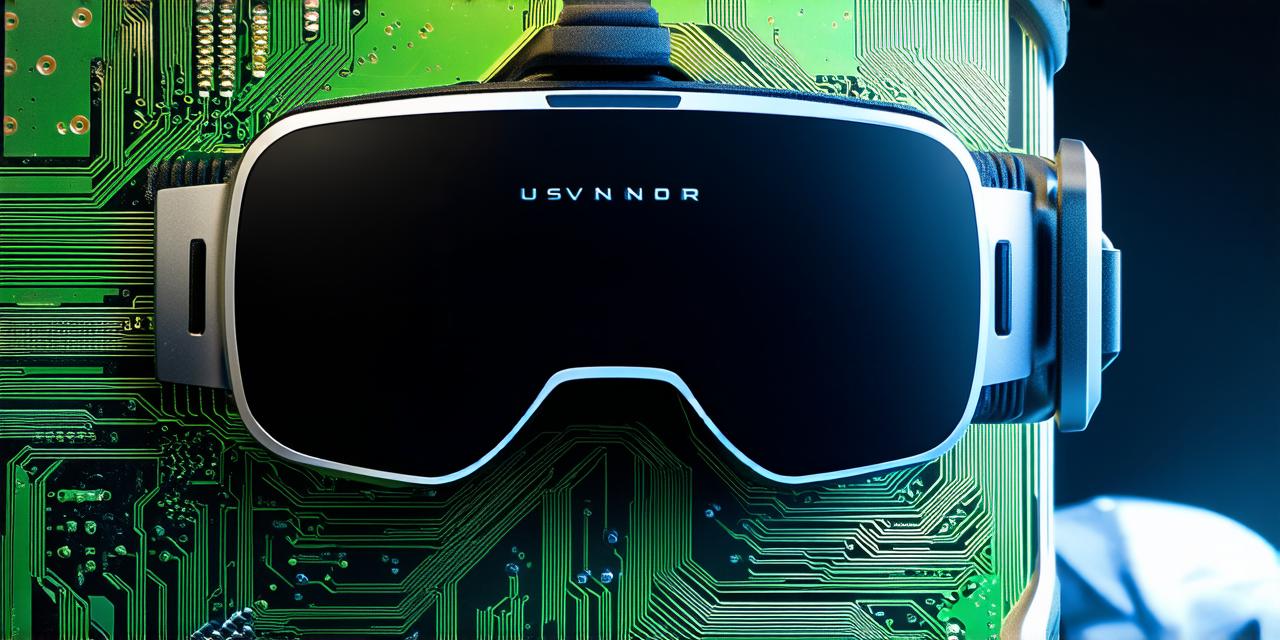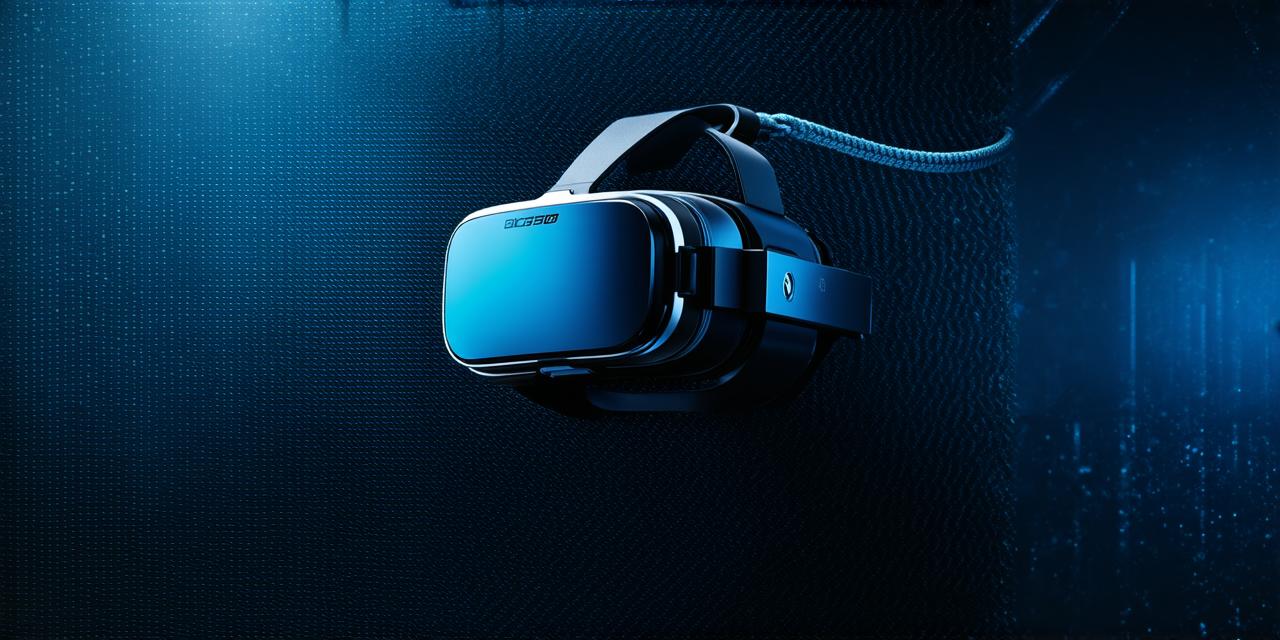Virtual Reality (VR) technology has been around for decades, but it’s only recently that immersive VR has become accessible and affordable to businesses. Immersive VR allows users to fully immerse themselves in a simulated environment, making it an ideal tool for business training, product testing, and more. In this article, we will explore the many benefits of using immersive VR in business applications. We’ll look at real-life examples of how companies are already using VR to improve their bottom line and enhance their customers’ experiences.
Training Employees with Immersive Virtual Reality
One of the most significant benefits of immersive VR is its ability to provide highly realistic and engaging training experiences for employees. With VR, employees can practice skills in a safe, controlled environment, without the risk of injury or damage to equipment. For example, the healthcare industry has been using VR to train surgeons and medical professionals.
By simulating surgeries in a virtual environment, doctors and nurses can practice their techniques and gain experience without putting patients at risk.
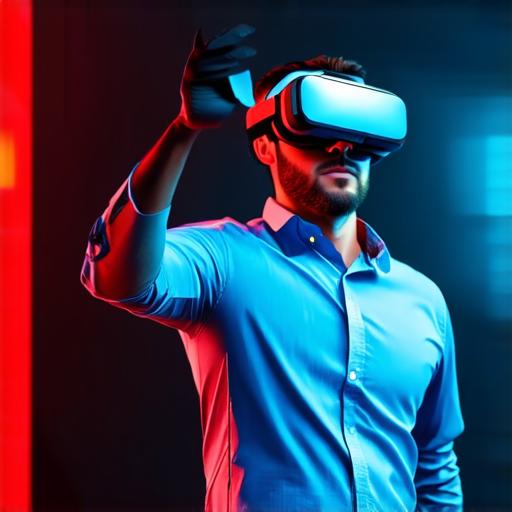
Similarly, pilots can use VR simulations to practice flying and improve their skills without putting lives at risk. In addition, VR is being used in industries such as hospitality and retail to train employees on customer service, safety protocols, and other critical skills. By providing a safe and controlled environment for training, companies can ensure that their employees are well-equipped to handle real-life situations and provide excellent experiences for customers.
Product Testing with Immersive Virtual Reality
Immersive VR can also be used for product testing in a variety of industries. By creating virtual prototypes, companies can test their products in a simulated environment before investing in physical production.
This allows them to make changes and improvements without the cost and time required for traditional testing methods.
For example, car manufacturers are using VR to test and design new vehicles. With VR, they can create virtual models of cars and test different designs, features, and components. This helps them identify any potential issues before investing in physical production, saving time and money. Similarly, companies in the fashion industry are using VR to test and improve their clothing designs.
Enhancing Customer Experiences with Immersive Virtual Reality
Immersive VR can also be used to enhance customer experiences in a variety of industries. For example, the retail industry is using VR to create virtual stores that allow customers to try on clothes and shop for products in a more interactive and engaging way.
This has been shown to increase sales and improve customer satisfaction.
Similarly, the travel industry is using VR to create virtual tours and experiences that allow customers to explore destinations without leaving their homes. This has been particularly popular during the COVID-19 pandemic, when many people are unable to travel in person. By providing a virtual experience of a destination, companies can help customers dream about their next vacation and plan for future trips.
Improving Accessibility with Immersive Virtual Reality
Finally, immersive VR can be used to improve accessibility for people with disabilities or mobility issues. By creating virtual environments that simulate real-world experiences, VR can help people with disabilities practice skills and navigate their surroundings in a safe and controlled environment.
For example, the disability community is using VR to help people with autism practice social skills and improve communication. Similarly, VR is being used to treat phobias and anxiety disorders by exposing patients to virtual environments that simulate their feared situations. By providing a safe and controlled environment for therapy, companies can help people overcome their fears and improve their quality of life.
In conclusion, immersive virtual reality has many benefits for businesses across a variety of industries. Whether it’s training employees, testing products, enhancing customer experiences, or improving accessibility, VR technology can help businesses improve their bottom line and provide better experiences for their customers. If you’re looking to take your business to the next level, consider incorporating immersive VR into your operations today.

